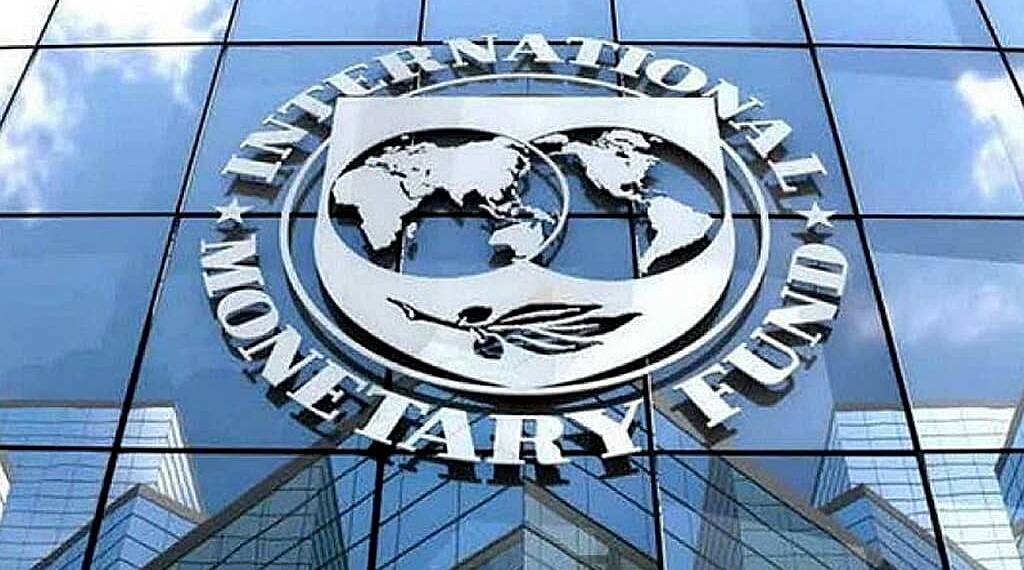The International Monetary Fund (IMF) has warned Ghana that the economic progress achieved under the Extended Credit Facility (ECF) programme remains fragile and requires consistent efforts to sustain and consolidate.
This caution comes as the country continues implementing critical reforms to restore macroeconomic stability and address fiscal challenges.
While the IMF acknowledges some progress in stabilizing Ghana’s economy, it highlights that these gains remain vulnerable to external shocks, delays in policy implementation, and persistent structural weaknesses.
In its report on Ghana, the Fund emphasized the importance of maintaining fiscal discipline, enhancing revenue mobilization, and ensuring timely execution of reforms to secure the recovery process.
The IMF also expressed concern over delays in securing key funding, particularly from donor partners like the World Bank, warning that such setbacks could hinder efforts to stabilize the fiscal landscape.
Ghana’s economic reform agenda, supported by the ECF, relies heavily on the timely disbursement of funds and strict adherence to policy measures aimed at addressing debt vulnerabilities and strengthening economic resilience.
The IMF urged the government to stay committed to its reform agenda, warning that any deviation could reverse the progress made so far. It called for strong collaboration between policymakers, Parliament, and other stakeholders to ensure the programme’s success and lay the foundation for sustainable growth and long-term economic stability.




















